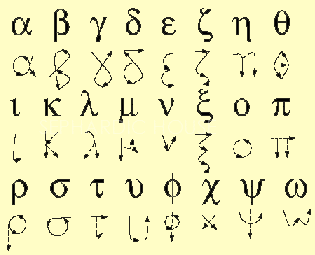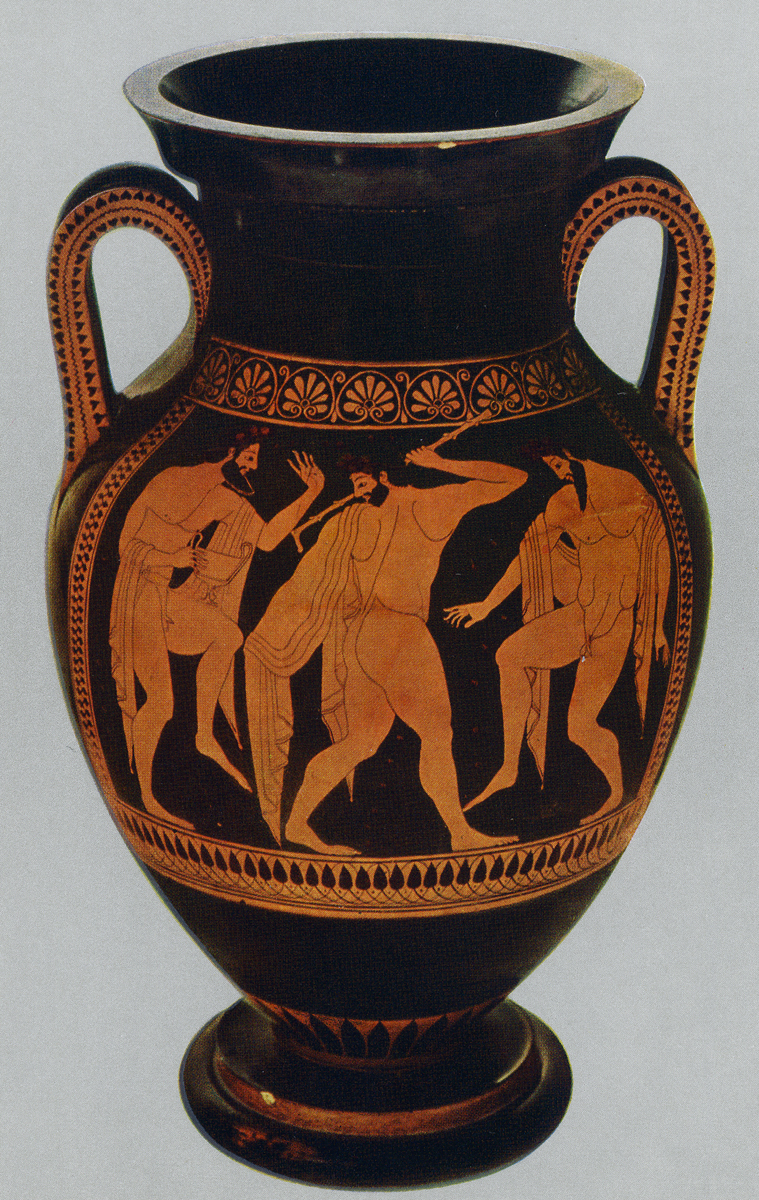Finding the words for what I want to say will probably be difficult, so just remember that my goal is to stay within at least standard deviation of my point...
When we went over those several examples of "To be, or not to be" yesterday, I thought about how demanding our culture can be before we allow ourselves to be "entertained." Nephi, for example, was very concerned that his written word would have no effect on the hearts of his posterity. He said, "there are many that harden their hearts... and cast many things away which are written and esteem them as things of naught." Words on a page are very simple, but Nephi also said that words "can be made strong," (2 Nephi 33:2, 4).
So while it may be true that a production is more masterfully done with impressive cinematography etc., there's something to be said for the simple. "In our Church meetings, in our personal and family scripture study, and even this day as we listen to the Lord’s prophets and apostles, some of us will receive more than others. Why? I am learning that those who truly receive do at least three things that others may not do. First, they seek. We live in an entertainment world, a spectator world. Without realizing it, we can find ourselves coming to conference or going to church with the attitude, 'Here I am; now inspire me.' We become spiritually passive," (Elder Merrill "Receiving by the Spirit").
In other words, it's good to be careful in what we demand in our stimuli. There will be many times that the simple will be more moving if our senses are attuned to the raw majesty of deep desire, rather than a "well done" performance.






